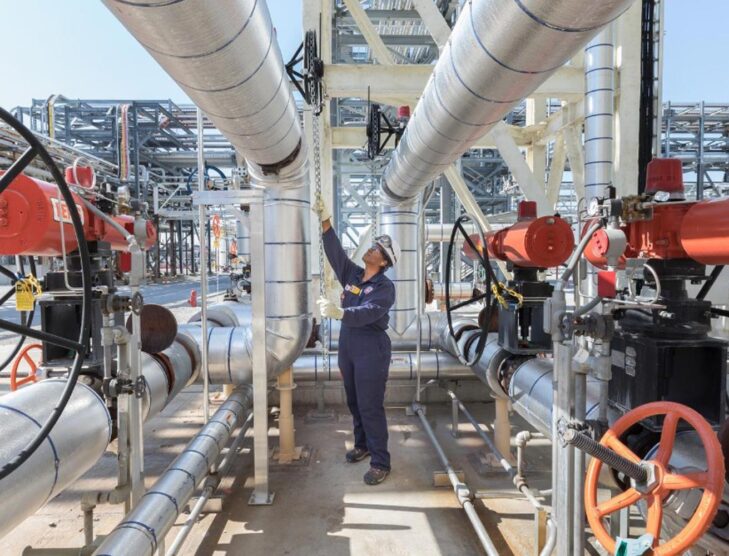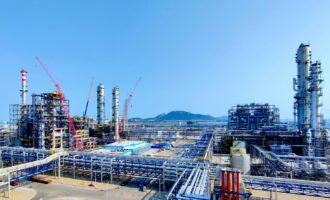
Phillips 66 in talks to sell Alliance oil refinery in Louisiana
Phillips 66 is holding talks with a potential buyer on the sale of its 255,600 barrel-per-day (bpd) Alliance refinery in Belle Chasse, Louisiana, U.S.A.
The 50-year-old Phillips 66 Alliance refinery is located 20 miles (32 km) south of New Orleans and along the Mississippi River. It has more than 850 employees.
The Alliance refinery receives domestic crude oil from the Gulf of Mexico by pipeline and U.S. tight oil by marine transport. The refinery can also receive foreign crude oil by pipeline connected to the Louisiana Offshore Oil Port.
The single-train refinery’s facilities include fluid catalytic cracking, alkylation, coking, and hydrodesulfurization units, a naphtha reformer and aromatics units that enable it to produce a high percentage of gasoline, diesel and aviation fuels. Other products include petrochemical feedstocks, home heating oil and anode-grade petroleum coke.
The majority of its refined products are distributed to customers in the eastern United States through major common-carrier pipeline systems and by barge.
Phillips 66 has a second refinery located in Westlake, Louisiana. The Lake Charles Refinery processes primarily heavy, high-sulfur and high-acid crude oils, along with some light, sweet crude oil. It receives domestic Gulf Coast, U.S.-advantaged and foreign crude oils.
Within the facilities are crude distillation, a fluid catalytic cracker, alkylation, a delayed coker and hydrodesulfurization units that enable the refinery to produce gasoline and diesel fuels, and fuel-grade petroleum coke. The facilities also include a specialty coker and calciner, which produce graphite petroleum coke for the steel industry.
The Lake Charles refinery, with a crude throughput of 264,00 barrel-per-day (bpd) produces a high percentage of gasoline, diesel and aviation fuels. The majority of its refined products are distributed by truck, railcar, barge or major common-carrier pipelines in the southeastern and eastern United States. In addition, refined products can be sold into export markets through the refinery’s marine terminal. It has more than 1,100 employees.
Phillips 66 has a total of 13 refineries in the United States and Europe which process crude oil and other feedstocks and focus on operating excellence, optimization, safety and increasing margins. The business has a global refining capacity of 2.2 million barrels of crude oil per day.
Falling demand amid the global pandemic has already forced the closure of five U.S. refineries and cut oil processing capacity by 4.5% to 18.13 million barrels per day (bpd), according to the U.S. Energy Information Administration.
“The U.S. refining business in the future is going to be smaller, not bigger,” Chief Executive Officer Gregory Garland said earlier this month. He predicted demand for gasoline in the U.S. and Europe was at or near its peak. The Houston-based oil refiner posted a second quarter profit on strong chemical demand, but work-from-home policies and sagging fuel margins left its refining business in the red.
“We expect the marketing process to continue over the next several months,” said Phillips 66 spokesman Bernardo Fallas. “We will make an announcement at the appropriate time if and when an agreement has been reached with a buyer.”









